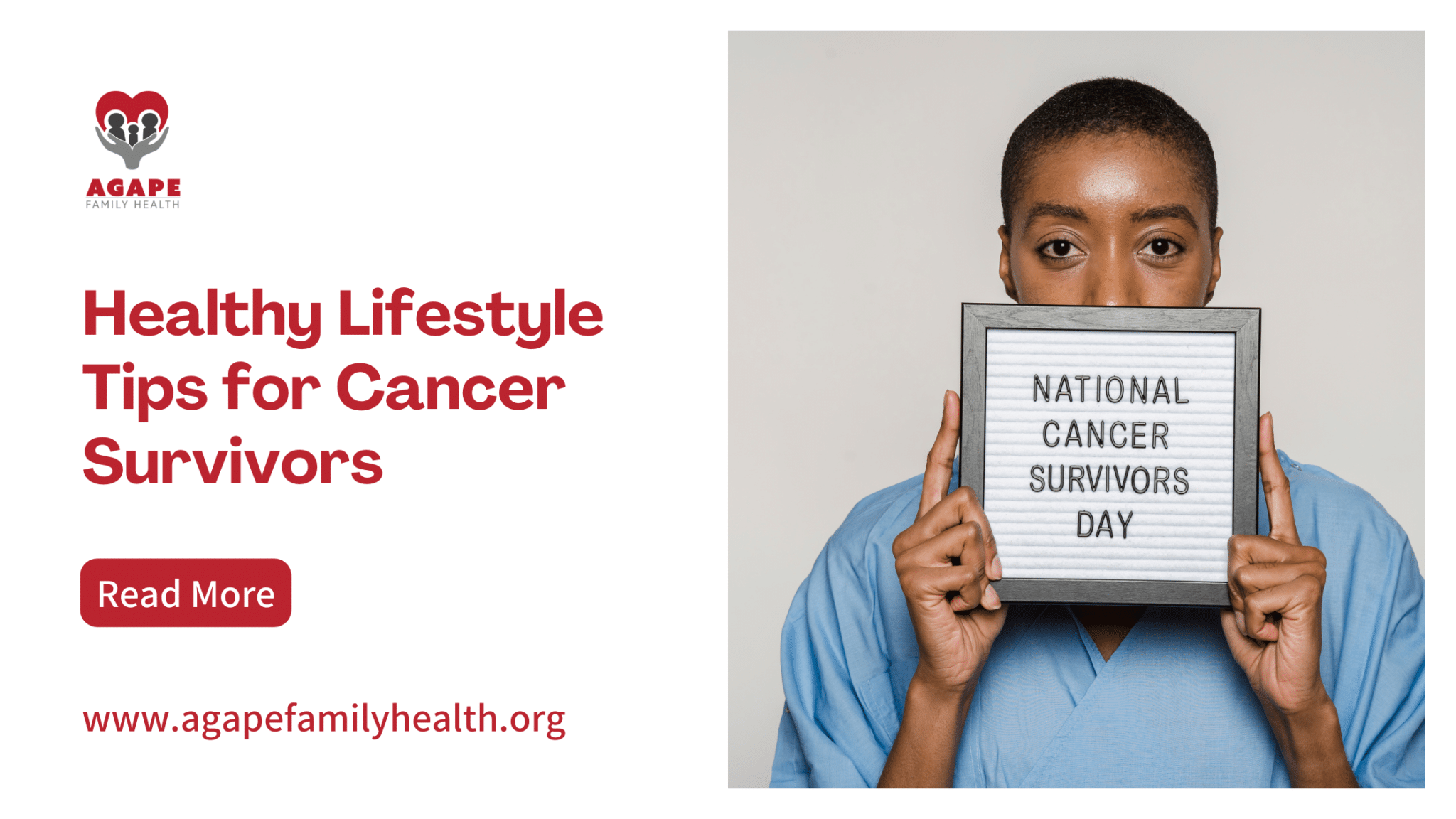Being a cancer survivor means focusing on a healthy life. It’s key for feeling well and recovering. It’s not easy after cancer, but there’s help. Following a health plan can put you back in charge. Look at everything—your body, mind, and daily life. Start living healthy to fight treatment’s effects and avoid cancer coming back. These guides and support can be game changers in your life. These include caring for your feelings, eating well, staying active, and trying natural therapies. These tips for cancer survivors can really boost your recovery and make your future bright.
Understanding Your New Normal
Beating cancer is a big deal, but life after treatment can feel uncertain. You might deal with different challenges as you leave cancer treatment behind. After treatment, it’s natural to worry about the future and your health. Can you go back to your old life? The key is to plan ahead for your specific needs. This should include emotional help, continuing care, and strategies to build your life again.
Getting emotional help is very important after cancer. Finding support groups or a counselor is an important decision. This step can help you deal with the feelings from your cancer journey. Talking with others who went through the same thing can be a big comfort. It helps with coping and reducing stress.
It’s also critical to address any physical effects from cancer treatment. This means seeing your healthcare team regularly. They’ll check for any late effects and help you make a health plan. This personalized plan is vital for managing your health after cancer.
Life after cancer treatment is unique for everyone. Using available support and planning ahead can make it easier. This way, you can step into this new phase with confidence. Taking care of your emotions and health is key to your well-being. Remember, there are resources and plans to help you live your best life after cancer.
Nutritional Guidance for Cancer Survivors
Proper nutrition is key for cancer survivors. It helps in recovery and dealing with side effects. It also lowers the risk of cancer coming back. You need a balanced diet that will support your health in every way.
- Eat a Mix of Whole, Unprocessed Foods
Focus on consuming lots of fruits, vegetables, and whole grains. Incorporate lean proteins and healthy fats, as these foods are rich in essential vitamins and minerals necessary for healing.
- Address Common Side Effects with Specific Foods
Pay special attention to foods that help alleviate side effects like nausea, poor appetite, or digestive problems. Ginger and mint are excellent for reducing nausea, while high-calorie, high-protein foods can maintain weight and muscle mass when you have a low appetite.
- Stay Hydrated
Drink plenty of water to stay hydrated. Hydration is crucial for detoxifying your body, supporting your immune system, and improving overall well-being.
- Consult a Dietitian or Nutritionist
Work with a dietitian or nutritionist to create a personalized nutrition plan. These experts can identify any nutrient deficiencies and guide you towards making lasting health changes.

Exercise Routines for Improved Well-being
- Incorporate Physical Activities into Daily Life
As a cancer survivor, including regular physical activities in your daily routine is crucial for both healing and overall well-being. Exercise not only improves general health but also has the potential to reduce the risk of cancer recurrence.
- Tailor Exercise Plans to Individual Needs
Exercise plans for cancer survivors should be customized to meet individual needs, fitness levels, and health conditions post-treatment. This includes a balanced mix of aerobic, strength, and flexibility training. Finding the right activities that suit personal preferences and limitations is essential.
- Start with Low-Impact Activities
Beginning with easy, low-impact exercises like walking, swimming, or gentle yoga is an excellent strategy for cancer survivors. These activities help build strength gradually without putting undue stress on the body, paving the way for more challenging exercises later.
- Progress to More Intense Exercises with Medical Support
Once comfortable with low-impact activities, survivors can progress to more intense exercises like biking, weightlifting, or higher-intensity workouts. Always consult with a healthcare provider before starting any new, strenuous activity to ensure it’s safe and appropriate.
- Improve Physical and Emotional Well-Being
Regular exercise helps cancer survivors regain physical fitness and manage treatment side effects. Additionally, it offers significant emotional benefits, such as reducing depression, lowering anxiety, and enhancing overall happiness and quality of life.
- Reduce the Risk of Cancer Recurrence
Staying active may help lower the risk of cancer returning. Exercise aids in weight management, reduces inflammation, and boosts the immune system. Making a commitment to physical activity is a vital component of maintaining health and preventing cancer recurrence post-treatment.
Improve your overall health with affordable regular medical checkup.
Best Tips for Cancer Survivors
For cancer survivors, managing stress is key to staying healthy. We are talking about the big emotional impact of cancer. It is vital to find ways to cope and get support.
One top tip is seeking emotional support. Talking with others who understand helps a lot. This could be in a support group, either in person or online. Being part of a support group can make you feel understood, less alone, and provide practical advice for handling your emotions.
Some ways to manage stress include meditation, breathing exercises, or therapies that focus on the now. Keeping active is another great way to deal with stress. It’s recommended that cancer survivors stay physically active. This helps reduce feelings of anxiety and depression, making life better overall.
It’s important to take care of yourself and find balance. Always prioritize rest and relaxation. Doing things you enjoy, like hobbies, or being outdoors can help a lot. By looking after your mental and emotional state, you can tackle the stress and enjoy life more.
It’s vital to remember that, as a cancer survivor, you’re not on your own. Find a support community to ease the emotional journey after cancer. By following these tips and reaching out to professionals and support groups, you can make life after cancer better. You can reduce stress, gain strength, and enjoy your new chapter.
Complementary Therapies and Lifestyle Modifications
After surviving cancer, adding complementary therapies and lifestyle changes can boost your recovery. These can help when part of your cancer survivorship plan. Many people are finding relief in mind-body practices like meditation, yoga, and tai chi. These activities ease stress and anxiety while promoting relaxation. It’s key to have a good teacher to guide you safely and effectively.
Acupuncture has emerged as a valuable complementary therapy for cancer survivors, providing relief from a variety of treatment-related symptoms and enhancing overall well-being. This ancient practice involves the insertion of fine needles into specific points on the body to stimulate energy flow, known as “Qi,” and promote healing. For cancer survivors, the benefits of acupuncture are particularly significant. Chronic pain, often a lingering consequence of cancer treatments like surgery, radiation, or chemotherapy, can be effectively alleviated through acupuncture. This non-pharmacological approach offers an alternative to pain management that reduces reliance on medications and their potential side effects.
Moreover, acupuncture has shown efficacy in reducing chemotherapy-induced nausea and vomiting, two of the most debilitating side effects of cancer treatment. By targeting specific points associated with the gastrointestinal system, acupuncture helps to regulate nausea and improve appetite, thus aiding in better nutrition and overall health.
Additionally, acupuncture plays a critical role in mitigating fatigue, a common and persistent issue for many cancer survivors. Fatigue can severely impact daily functioning and quality of life, but regular acupuncture sessions have been found to boost energy levels and reduce feelings of exhaustion. Beyond physical symptoms, acupuncture is also beneficial in managing the psychological aspects of recovery. It helps in reducing stress and anxiety, which are often heightened due to the emotional toll of cancer and its treatments.
Improved sleep quality and enhanced mood are other significant benefits, as acupuncture promotes relaxation and mental well-being. These improvements in mental health are essential for the recovery process, as they enable survivors to cope better with the challenges of post-treatment life.
Learn more about acupuncture research in cancer care.
Talk to your healthcare team about any changes or new therapies. They can help you choose what’s best for you. Working closely with them, you can create a plan that fits your personal needs. This way, your treatment plan is tailored just for you as a survivor.
Conclusion
It’s key for cancer survivors to stay healthy as they move past treatment and try to avoid cancer coming back. You can follow this guide to make sure you take care of your body and mind. Doing so will help you live well in your new life.
Look at your whole health as we beat cancer. They suggest eating well, working out, and finding ways to relax. This helps in staying healthy and happy after cancer.
Staying healthy means more than just avoiding another bout of cancer. It’s about feeling in charge and enjoying life. This article offers ways to lead a better, healthier life. Being informed and getting support can make a big difference.
Everyone’s road back to health is different. It’s crucial to team up with your doctors to tailor a plan that fits you. With effort, staying strong, and the right help, you can face the impacts of cancer and come out tougher and healthier.



